Rock & Roll Hall of Fame Snubs Pookie Hudson and the Spaniels: American Originals
By Dennis Day
The prestigious Rock and Roll Hall of Fame has named it's class of 2011 inductees and after three years again the great pioneer Pookie Hudson and the Spaniels have been snubbed.The 2011 inductees include the Alice Cooper Band,Neil Diamond, Dr. John, Darlene Love, Tom Watts, Jac Holzman, Art Rupe, and Leon Russell.Notable artists to be sure but neither of these entrants is more worthy of the honor than Thornton James Pookie Hudson and the Spaniels, early pioneers of urban R&B and Rock and Roll whose career spans from the mid-fifties until the present day.
In January 2007,I received word that Thornton James"Pookie" Hudson had passed away after a valiant battle against thymus cancer.I joined several generations of vocal group harmony purists recognizing that one of the all time great romantic lead singers had departed.For thousands of male vocal harmony group fans, Pookie's voice defined an era.His loss is significant in part because Pookie and the Spaniels symbolize not only the passing of a true American cultural icon but a voice that was the bedrock of sweet urban doo- wop,black urban radio, street corner harmony, neighborhood juke boxes,high school sock hops and the sounds that bridged the rights of passage among black, white and Hispanic youth in the largely segregated American society of the period.The Spaniels' greatest hit, Good Night Sweetheart would become part of America's musical folklore,and a parting anthem for young lovers.
In the 1950s and early 60s, urban youth from Pittsburgh to Paducah gathered under city streetlights on balmy summer evenings to harmonize. For many of these groups, one signature song began with the lowest voice booming out a version of the great Gerald Gregory’s quintessential bass line with five familiar notes: doht – doh – doht – doht – doht,followed by a lead tenor and chorus echoing the sweet refrain, “Good night, sweetheart, well it’s time to go…”. To that early generation, those words signaled an end to something,akin to saying, "lights out…gig’s up…party’s over…mama says come on home". In every street-corner group, the lead singer mimicked one voice – the enormously popular performer known by legions of adoring fans, especially in the African American community, simply as Pookie Hudson.
During the 50s and 60s Pookie’s group routinely played to enthusiastic sold-out audiences on the so called 'Chitterlin' ciruit theaters", New York’s Apollo, Chicago’s Regal, Washington DC’s Howard, and other major concert halls in Baltimore, Detroit, Philadelphia, Los Angeles. They later would play major European venues as well.
James Pookie Hudson was among my early musical idols –he was a unique song stylist during the halcyon days of Rhythm and Blues.Renowned singers like Aaron Neville, Al Jarreau, Smokey Robinson,Gene Cjhandler and countless balladeers from the Doo-Wop era attests to Pookie's having had some influence on their musical sensibilities. As lead singer of the legendary Spaniels, Pookie Hudson was cool, romantic, poetic, intense and unique.The Spaniels were among the earliest Rhythm and Blues vocal groups to appear on Dick Clark's popular nationally syndicated television show, American Bandstand.
In an intriguing biography,entitled Good Night Sweetheart Good Night, renowned journalist and social commentator Richard G. Carter chronicles the group’s emergence from the gritty blue-collar neighborhoods of Gary, Indiana where they won the fabled Gary Roosevelt Talent Show,a fete which was to also prove pivotal for other Gary exports, including Avery Brooks, Denice Williams, and mega stars Michael Jackson and the Jackson Five. Many of these performers went on to become media darlings on radio and television in the post-payola era, while Pookie and the Spaniels became marginalized as artists during the era of payola a"Pay to play system by refusing to acquiesce to the system's quid pro quo culture it, Pookie beliefs the group received far less national airplay than they would have by selling out to payola's powerful control over which records would be promoted. Nevertheless, Pookie’s silky tenor vibrato stood out in the golden era of male group lead singers on segregated radio airwaves with recordings like “I Know,” “Stormy Weather,” Peace of Mind and the chart buster "Good Night Sweetheart,” all perennial favorites in America's urban centers, but recordings that never gained the tremendous commercial success that many critics today believe they deserved.
I first met Pookie when I was 16 years old. He and his business manager made a surprise visit to my home in East Chicago at the urging of my cousin, who was then his wife. Pookie listened to my high school quartet and, at our prodding, he graciously rendered a stirring, Gospel-tinged acappella version of “Peace of Mind” in our living room. With his face nestled against the wall, Pookie’s rich tenor vibrato, clear as a bell, echoed throughout the house , shimmering and soaring effortlessly with an emotional tinge that spoke soul to soul. That day he gave me a prized copy of his latest release, a lushly arranged pop/spiritual ballad with a moral called “Meek Man,” recorded on the fledgling Philadelphia-based Neptune label.Sadly, the song made a lack luster showing commercially but it remains among one of the most iconic of Pookie’s songs.One can readily hear vocal similarities of contemporaries Johnny Mathis and Aaron Neville's smooth delivery.An observation made by more than a few of Hudson's critics and fans.
Throughout the years I managed to remain in touch with Pookie mostly by telephone.His troubador like career path resulted in frequent relocations, living in various cities. At various times, he'd resided in Los Angeles, California, Gary,Indiana and the District of Columbia Maryland area, which served as home base until his death in 2007.In each metropolitan region Pookie was able to maintain a devoted fan base.
I attended a Rhythm and blues revival performance billed as triumphant comeback appearance of Pookie Hudson and the Spaniels at the Apollo in August 1991 where, after a 30-year hiatus,from the legendary stage, Pookie’s acappella rendition of “Danny Boy” worked the audience into a frenzy that led to the evening’s only encore performance. Pookie was indeed an idol to millions of “old schoolers,” as evinced by his frequent appearances on PBS telethon fundraisers, an oldies series marketed to the lucrative baby boomer market. PBS Doo Wop shows invariably ended with the singer's rendition of “Good Night, Sweetheart” as a grand finale.
The song was covered by a number of groups, including the phenomenally popular McGuire Sisters in 1954;their version a cross-over sensation achieved gold-record status, the highest accolade of the day. The song also is on the soundtracks of movies,Three Men and A Baby and “American Graffiti.”
Pookie is on record as stating that part of the reason the Spaniels were not played as much on radio stations along the North Eastern corridor’s cities as on radio stations in other areas of the country is that he refused to allow a certain powerful on-air radio Czar and popular disc jockey of the era to sign on as co-publisher of songs he had written, a common but unlawful practice during the payola period of the 1950s. Pookie had many struggles over the years but he refused to fall prey to the economic enslavement that engulfed so many talented black artists/writers who never saw a dime in royalties despite so called sweetheart deals. Such a compromise would ensure that the co-author/publisher disc jockey would be entitled to a percentage of the songwriter’s royalties in-perpetuity. In later years Hudson did pursue a lawsuit against the producers of the blockbuster movie “Three Men and a Baby,” starring Tom Seleck, in which his 1950's original song “Good Night Sweetheart” was illegally featured, without proper licensing, constituting copyright infringement.It was not until the 1990’s that Pookie Hudson began receiving royalties for his popular song.
I last saw Pookie perform at the Queens Borough Community College in New York City on October 21, 2005. The All-star show was billed as a tribute to Pookie.He said he felt good,and that the prostate cancer he so courageously battled for several years was in remission. In a truly star-studded lineup that included the Teenagers, Johnny Maestro and the Brooklyn Bridge, the Orioles,the Harp Tones, the Flamingos, the Chantels, Speedo and the Cadillacs, Earl Lewis and the Channels, and other great groups.The auditorium that night, as is said in show business parlance the night belonged to Pookie Hudson, as had been the case so many nights and venues before.Pookie's loyal fans,musical peers,great artists, respectful rival groups and lead singers, promoters from a long-gone historic era all recognize Pookie Hudson's enormous contribution to American music, particularly to Rhythm and Blues and Rock and Roll. Now if only the Board of the Rock and Roll Hall of Fame would see the light,and do the right thing by voting Pookie Hudson into it's class of 2012.Now it remains to us, Pookie Hudson's fans,friends, fellow artists, organizers, politicians and fair minded Rock and Roll Hall of Fame board members to ensure that this pioneer's well deserved legacy is enshrined in that venerable institution's halls forever.
Together we can make it happen in 2011!
Dennis Day is President of D-Day Media Group Inc.
Copyright © 2003. All Rights Reserved.
Subscribe to:
Post Comments (Atom)

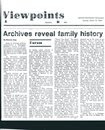





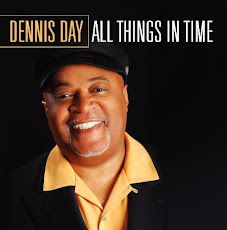
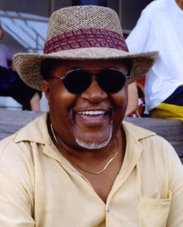
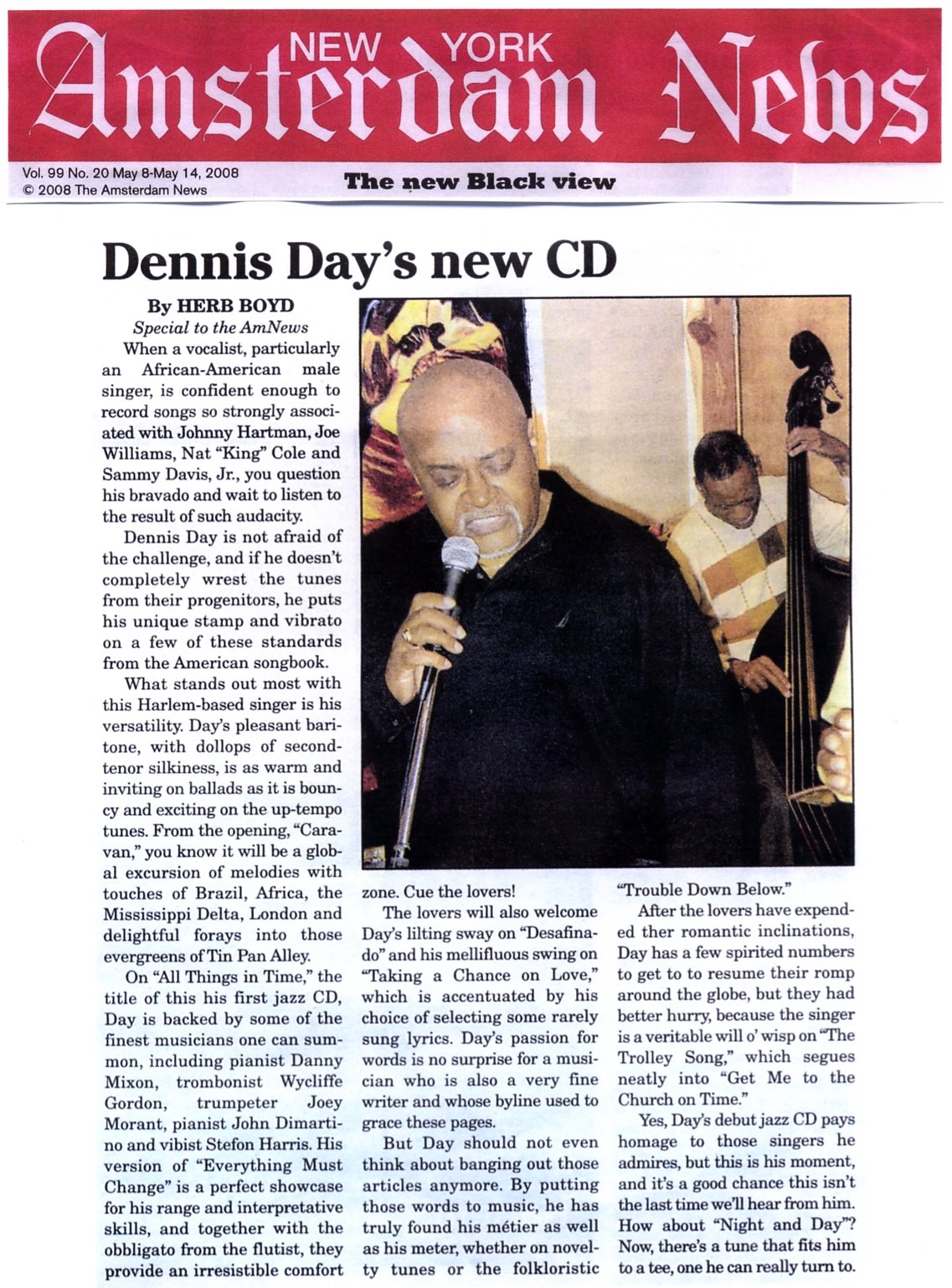
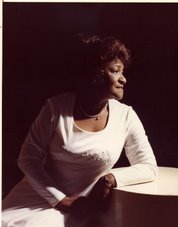
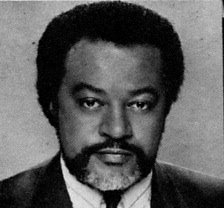
1 comment:
Many of the doo wop/oldies groups bring all the performers back on stage to sing "Goodnight, Sweetheart, Goodnight" at the end of a concert. It's a great way to end the evening and a great tribute to Pookie and The Spaniels. Johnny Maestro and The Brooklyn Bridge often sang an acappella version of "(You Gave Me) Peace of Mind" at their concerts as a tribute to Pookie. Johnny Maestro (1939-2010) also deserves to be inducted into the Rock and Roll Hall of Fame.
Post a Comment